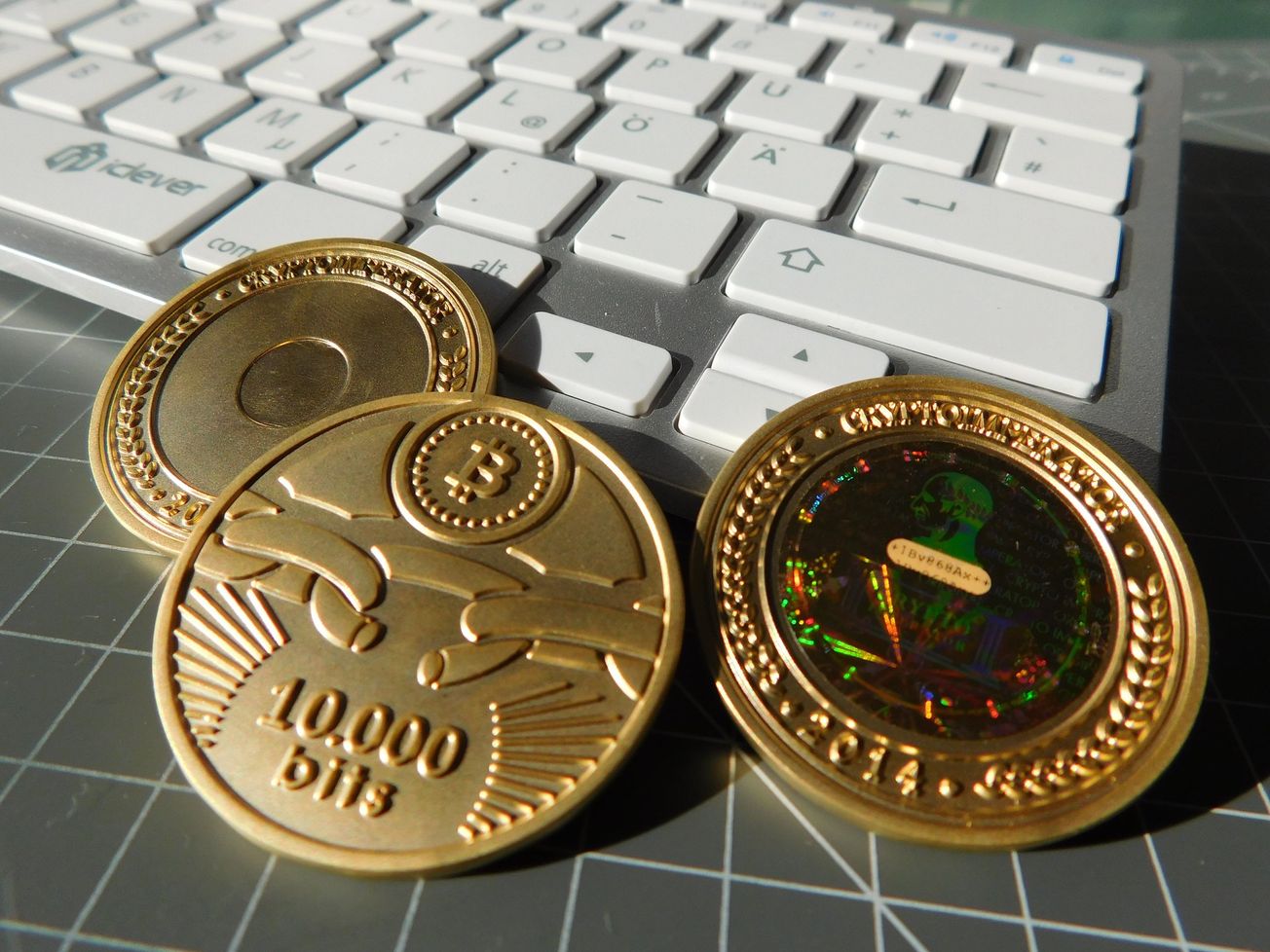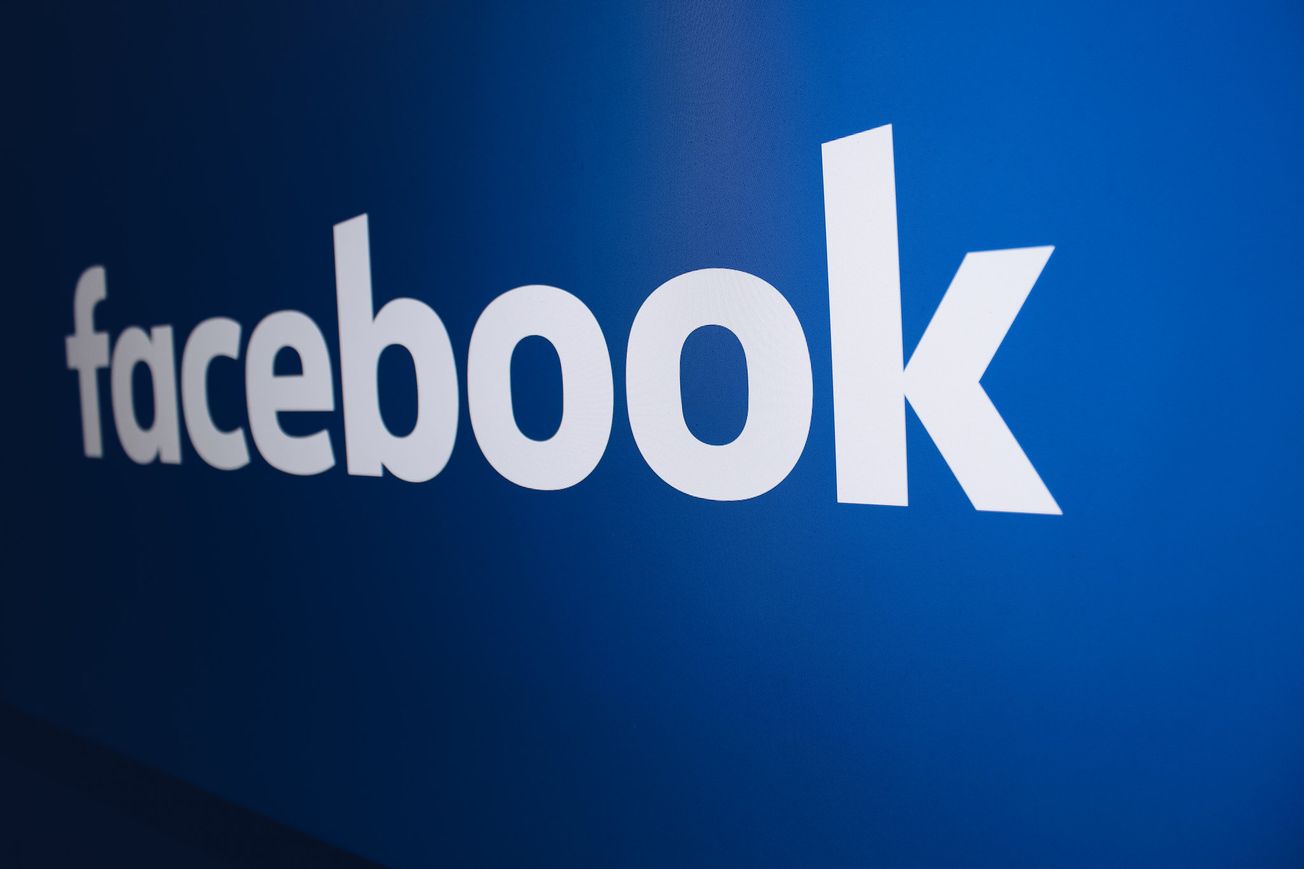A lawsuit was filed against Google back in May, claiming that the Silicon Valley behemoth conceals the extent to which it tracks users' online activities, even when they're using the "Incognito" mode of the Chrome web browser. While the allegations themselves are cause for concern, the potentially incriminating jokes made about the matter by Google employees are just as noteworthy.
However, a very serious email from Google's head of marketing Lorraine Twohill to CEO Sundar Pichai was also disclosed in court.
Earlier this year, Twohill emailed a company asking them to "Make Incognito Mode truly private," as reported by Bloomberg. Since Incognito isn't completely anonymous, we have to be careful with our marketing language lest we come across as pushing the product.
This email, along with a plethora of other communications, was made public in court documents in preparation for the forthcoming trial. Many of them demonstrate that Google's engineering stooges considered the public stance of the company on Incognito mode to be deceptive and suspect.
One Chrome engineer in a 2018 group chat told his coworkers, "we need to stop calling it Incognito and stop using a Spy Guy icon," referring to Incognito mode's awkward icon, which depicts the silhouette of a cartoon spy wearing sunglasses and a fedora, because users misunderstood the mode's limited privacy.
Another engineer chimed in by sharing a Wikipedia article about a character from "The Simpsons" named Guy Incognito, who looks just like Homer Simpson if he were wearing a terrible disguise.
The worker continued, "The Incognito icon should have always been [Guy Incognito]... which also accurately conveys the level of privacy it provides."
Uh oh, all in all. That's a hilariously damning admission of the low confidence that even Google's own staff had in the privacy protections afforded by the browsing mode.
For its part, Google maintains that users are aware that even Incognito mode isn't completely private and that they have given their consent for the company to track their data. No date has been set for the trial, but it may show what kind of Incognito data Google stores. What happens next will be exciting to watch unfold.









